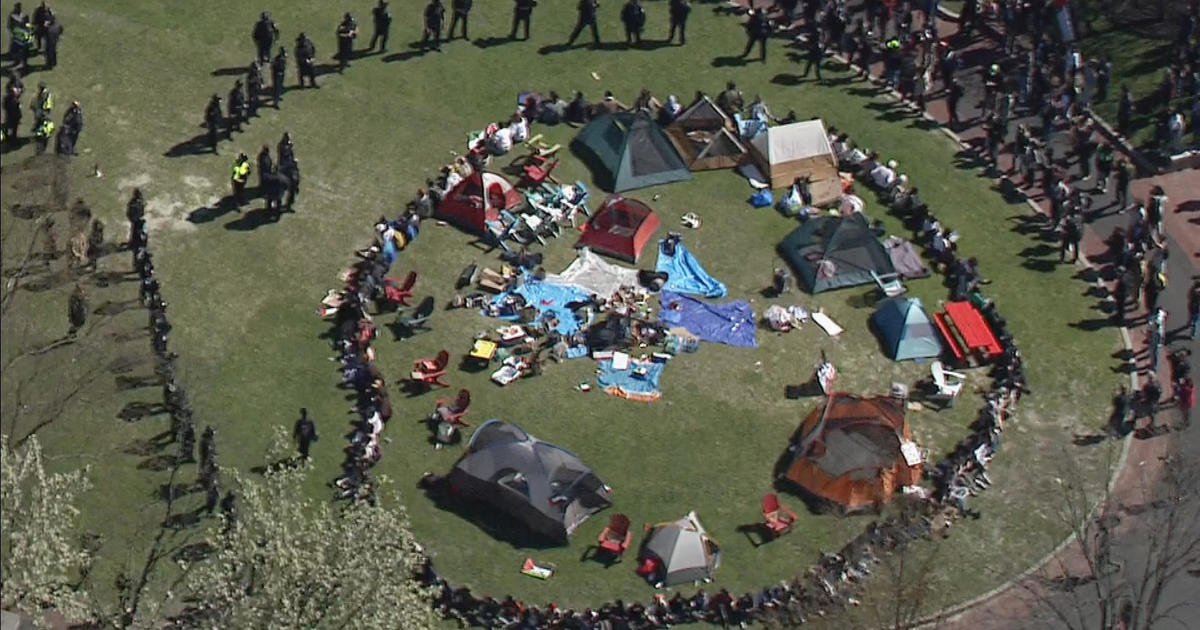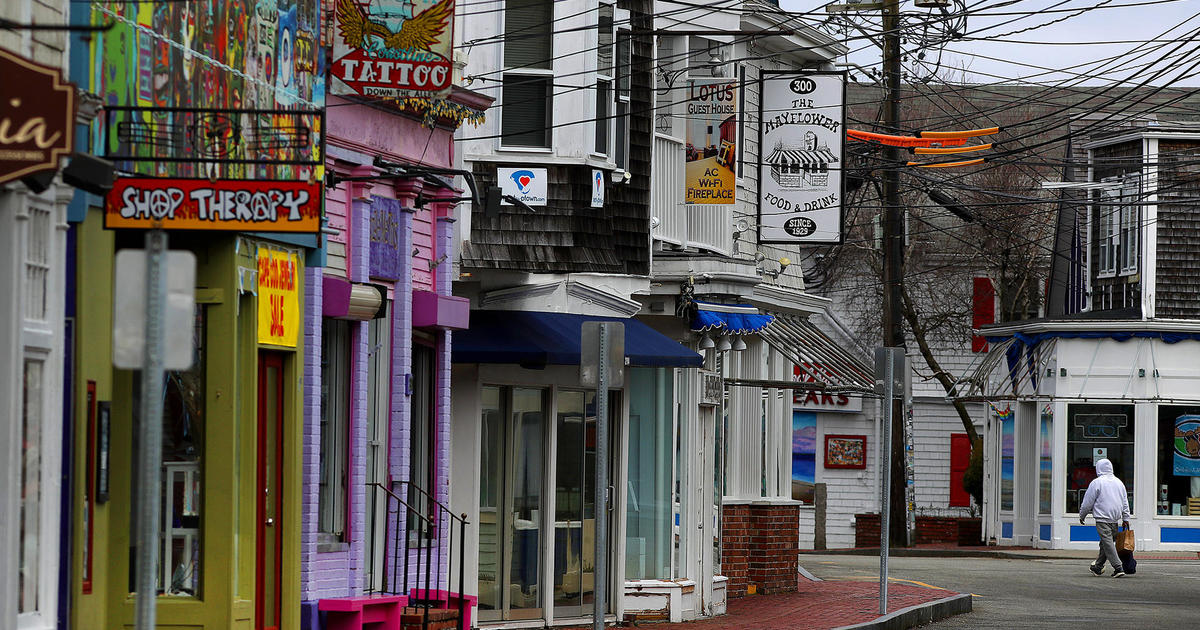Type Of Smoke Alarm Can Make Life-Death Difference
BOSTON (CBS) - More than 3,000 people die in fires across the country each year. In Massachusetts, the number of deaths compared to last year is already on the rise.
Smoke alarms have been effective in lowering the number of fire deaths over the years but the I-Team's Kathy Curran discovered a certain technology, one many people don't even know about, could help protect you even more.
It's called a photoelectric smoke alarm, and it reacts better to smoky fires.
"They need to realize if these things don't work, you're going to die," said Sheila Hackert, who lost her husband and daughter in a fire back in 2001.
During that fire, Sheila says her smoke alarm sat silent as smoke filled her New York home. It was an ionization smoke alarm, not a photoelectric. "I live with the image of my daughter screaming in a dark room."
"I was 34 years married. I had a wonderful daughter and a good husband," she said, crying.
"On average 50 percent of everyone who dies in Massachusetts dies when smoke detectors operate and most of those fires are smoldering," Boston Deputy Fire Chief Jay Fleming told the I-Team.
With the help of Fleming and the Worcester Fire Department, the I-Team put three different types of smoke alarms to the test: one photoelectric, one ionization, and one combination alarm.
We sealed up the windows of a building, mounted smoke alarms inside the room and out, and then set a smoldering, smoky fire between some cushions.
"The ionization detector wasn't going off until the smoke was so thick it was too late to get out of the house," Fleming said after the test.
Next we put the smoke alarms head to head in a fast moving flame fire. The ionization, which works best when there are flames, sounded first. But the photoelectric unit was only 14 seconds behind.
"I think it's responsible for 10,000 deaths since 1990," Fleming said
We went to the National Fire Protection Association for answers.
"Each type of detector has its strengths and weaknesses," said Christian Dubay of the NFPA.
The I-Team's Kathy Curran posed this question to Dubay. "When you look at the number of fire deaths, they're usually smoking related and smoky fires and when you have ionization technology it doesn't react quick enough to get people out of their homes?"
"You're referring to one source and we don't have that factual data to assume that's the case, and that's why we rely on the experts to say what is the best for public safety," Dubay said.
"I don't think people realize," Sheila Hackert said. "They buy them. They stick them on the ceiling and change batteries and we think they're going to work."
The most important thing is to make sure you have working smoke alarms with fresh batteries in your home. In Massachusetts, a change to the building code is on the table that would ban ionization smoke alarms, in new one and two family homes. But for now the National Fire Protection Association isn't recommending one type of detector over the other.
The national agency which tests smoke alarms recommends that homes have both kinds of smoke alarm technologies installed where appropriate. © MMVII, CBS Broadcasting Inc. All Rights Reserved.



